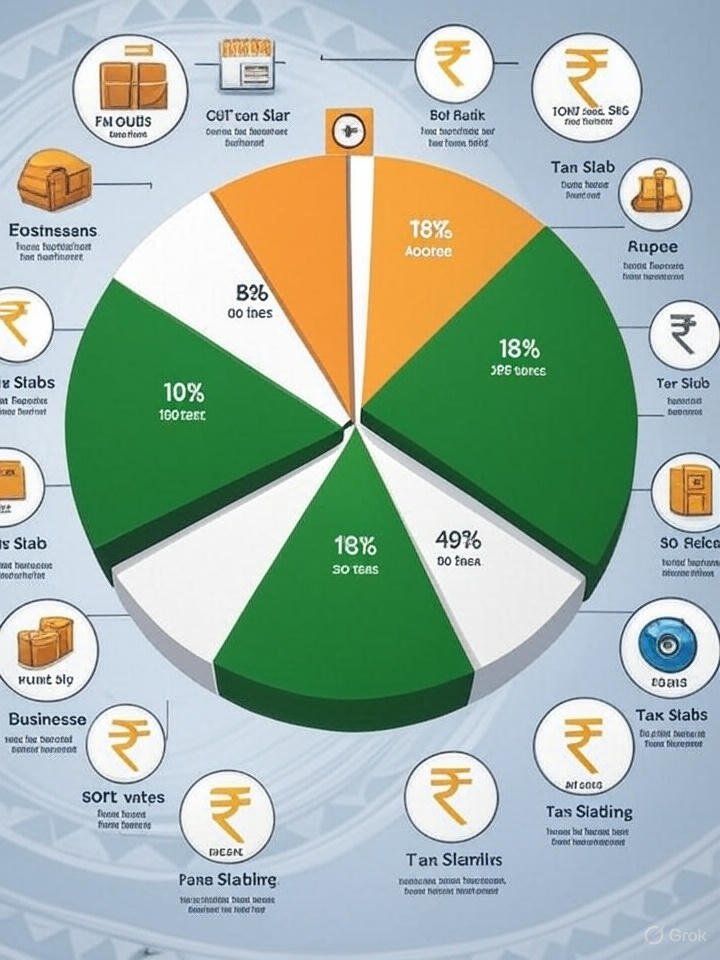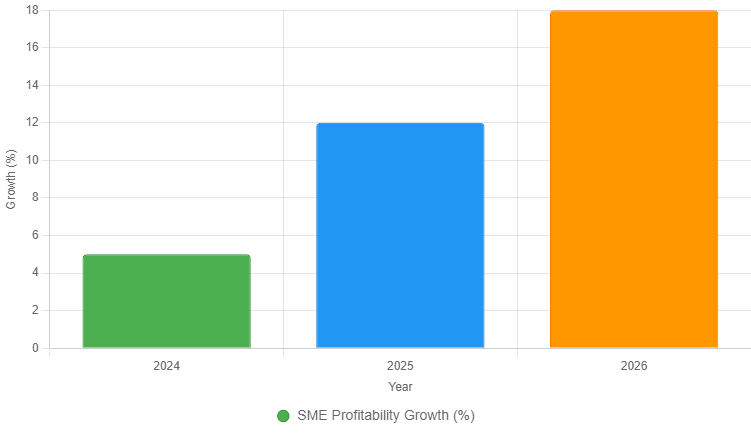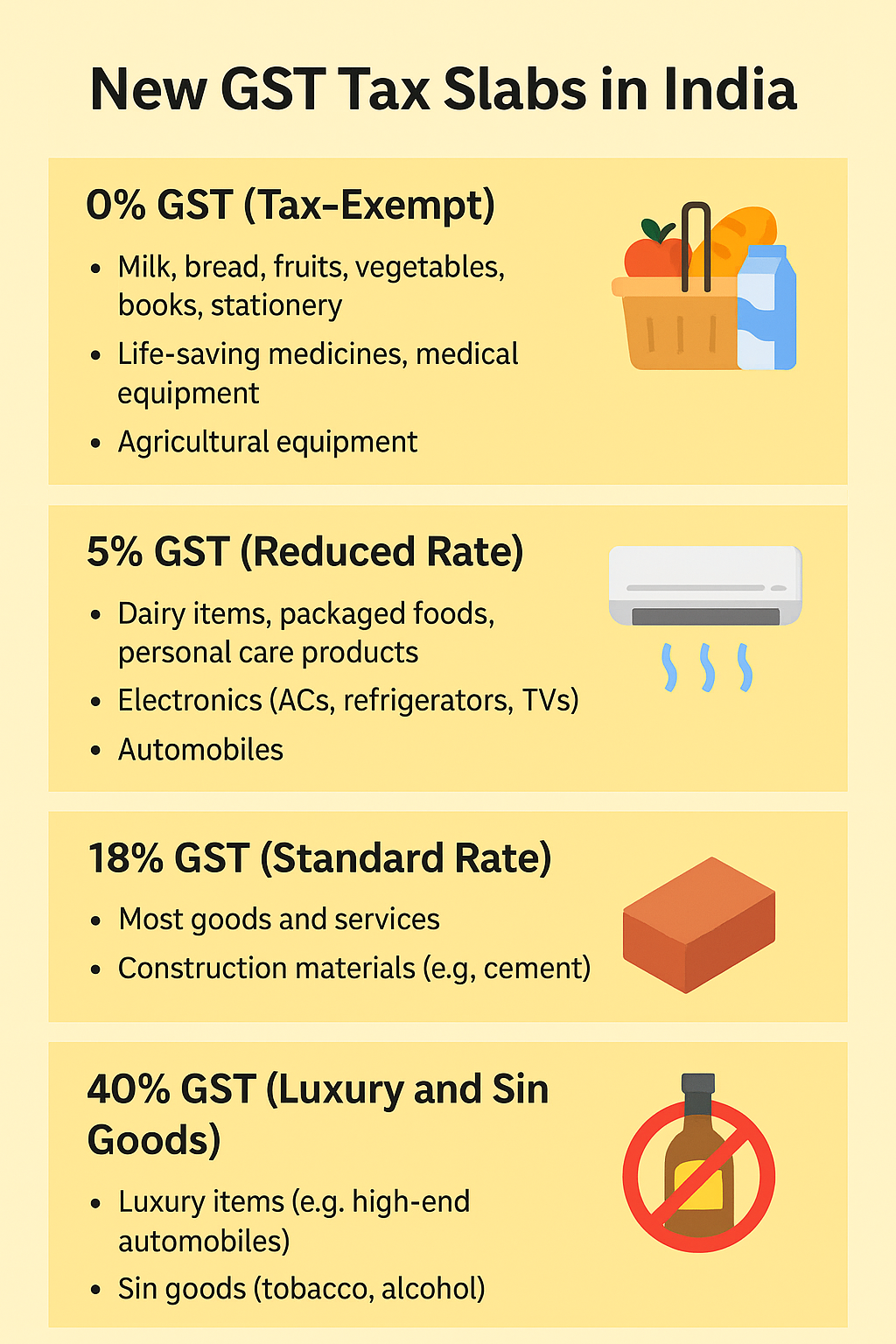
The Importance of Medical Insurance: Safeguarding Your Health and Finances
In today's unpredictable world, medical insurance is not just a safety net—it's a necessity. With rising healthcare costs and the potential for unexpected medical emergencies, having comprehensive medical insurance can make all the difference. This blog explores why medical insurance is crucial for individuals and families, offering peace of mind and financial security.
Why Medical Insurance Matters
Medical insurance acts as a financial buffer against the high costs of medical care. From routine check-ups to emergency surgeries, healthcare expenses can quickly accumulate, leaving uninsured individuals vulnerable to significant financial strain. Here are some key reasons why medical insurance is essential:
-
Protection Against High Medical Costs
Healthcare costs are skyrocketing globally. A single hospital stay or a complex procedure can cost thousands of dollars. Medical insurance helps cover these expenses, ensuring you don't have to dip into your savings or take on debt. -
Access to Quality Healthcare
With insurance, you gain access to a network of healthcare providers, including top hospitals and specialists, without worrying about exorbitant out-of-pocket costs. This ensures timely and quality care, which can be critical in emergencies. -
Preventive Care and Early Detection
Many insurance plans cover preventive services like vaccinations, screenings, and annual check-ups. Early detection of health issues can lead to better outcomes and lower treatment costs in the long run. -
Financial Security and Peace of Mind
Knowing you're covered in case of illness or injury provides peace of mind. Medical insurance allows you to focus on recovery rather than worrying about bills. -
Protection for Your Family
Medical insurance often extends coverage to dependents, ensuring your loved ones are protected. This is especially important for families with young children or elderly members who may require frequent medical attention.
The Risks of Being Uninsured
Choosing to go without medical insurance can have serious consequences. Here are some risks of being uninsured:
-
Financial Ruin: A single medical emergency, such as a heart attack or major surgery, can lead to overwhelming debt.
-
Delayed Treatment: Without insurance, many people delay seeking medical care due to cost concerns, which can worsen health conditions.
-
Limited Access: Uninsured individuals may not have access to top-tier healthcare facilities or specialists, compromising the quality of care.
Types of Medical Insurance Plans
There are various types of medical insurance plans to suit different needs:
-
Health Maintenance Organization (HMO): Offers a network of providers at lower costs but requires you to stay within the network.
-
Preferred Provider Organization (PPO): Provides more flexibility in choosing healthcare providers but may have higher premiums.
-
High-Deductible Health Plans (HDHP): Lower premiums with higher deductibles, often paired with Health Savings Accounts (HSAs).
-
Medicare/Medicaid: Government programs for seniors, low-income individuals, or those with disabilities.
Understanding these options can help you choose a plan that fits your budget and healthcare needs.
How to Choose the Right Medical Insurance
Selecting the right medical insurance plan requires careful consideration. Here are some tips:
-
Assess Your Needs: Consider your health, family medical history, and frequency of doctor visits.
-
Compare Plans: Look at premiums, deductibles, co-pays, and coverage limits.
-
Check Provider Networks: Ensure your preferred doctors and hospitals are in-network.
-
Understand Coverage: Verify what services are covered, such as prescription drugs, mental health care, or maternity services.
-
Consider Costs: Balance monthly premiums with out-of-pocket costs like deductibles and co-pays.
Real-Life Impact of Medical Insurance
Consider the story of Sarah, a 35-year-old mother who was diagnosed with breast cancer. Thanks to her medical insurance, Sarah received timely treatment, including surgery and chemotherapy, without facing crippling debt. Her insurance covered most of her medical bills, allowing her to focus on recovery and spending time with her family.
Without insurance, Sarah’s story could have had a very different outcome, highlighting the critical role insurance plays in managing life’s uncertainties.
Conclusion
Medical insurance is more than just a financial product—it’s a lifeline that protects your health and financial stability. By investing in a good insurance plan, you ensure access to quality care, safeguard your savings, and gain peace of mind for yourself and your loved ones. Don’t wait for a health crisis to realize its importance—take the first step today by exploring your insurance options.
Medical insurance is a critical tool for protecting your health and finances. Below, we answer common questions about why it’s essential and how it benefits you.
1. What is medical insurance, and why is it important?
Medical insurance is a plan that covers healthcare costs, such as doctor visits, hospital stays, and medications. It’s important because it protects you from high medical expenses, ensures access to quality care, and provides financial security during health emergencies.
2. How does medical insurance save me money?
By covering a significant portion of medical bills, insurance reduces out-of-pocket costs for treatments, surgeries, and medications. It also often includes preventive care, which can catch health issues early, saving you from costly treatments later.
3. What happens if I don’t have medical insurance?
Without insurance, you’re responsible for paying all healthcare costs, which can lead to substantial debt or financial ruin. You may also delay seeking care due to costs, worsening health conditions and increasing expenses over time.
4. Can medical insurance benefit my family?
Yes! Many plans cover dependents, including children, spouses, or elderly parents. This ensures your loved ones have access to healthcare without straining your finances, offering peace of mind for the whole family.
5. Does medical insurance cover preventive care?
Most plans cover preventive services like vaccinations, screenings, and annual check-ups at little or no cost. These services help detect health issues early, improving outcomes and reducing long-term costs.
6. How does medical insurance provide peace of mind?
Knowing you’re covered for unexpected medical emergencies allows you to focus on recovery rather than worrying about bills. It eliminates the stress of financial uncertainty during health crises.
7. What types of medical insurance plans are available?
Common plans include:
-
HMO (Health Maintenance Organization): Lower costs but limited to in-network providers.
-
PPO (Preferred Provider Organization): More flexibility in choosing providers but higher premiums.
-
HDHP (High-Deductible Health Plan): Lower premiums with higher deductibles, often paired with Health Savings Accounts.
-
Medicare/Medicaid: Government programs for seniors, low-income individuals, or those with disabilities.
8. How do I choose the right medical insurance plan?
Consider your health needs, budget, and preferred doctors. Compare premiums, deductibles, co-pays, and coverage details. Check if your preferred providers are in-network and ensure the plan covers essential services like prescriptions or specialist care.
9. Is medical insurance worth it if I’m young and healthy?
Absolutely. Even healthy individuals can face unexpected accidents or illnesses. Insurance ensures you’re prepared for emergencies and covers preventive care to maintain your health, avoiding costly issues later.
10. Where can I learn more about medical insurance options?
Visit reputable insurance providers or government websites like HealthCare.gov for information on plans. Consult with an insurance advisor to find a plan tailored to your needs.











